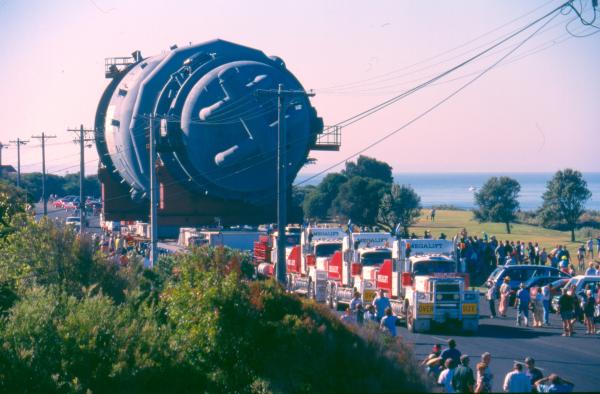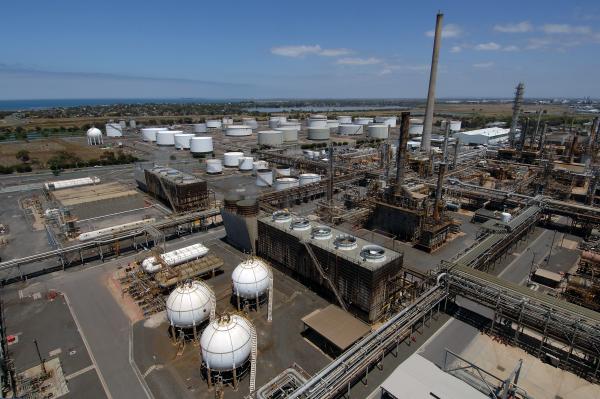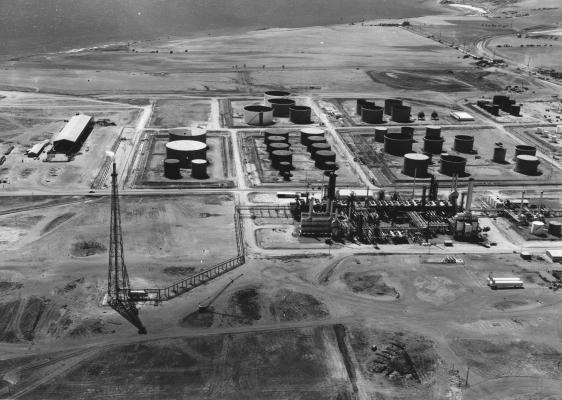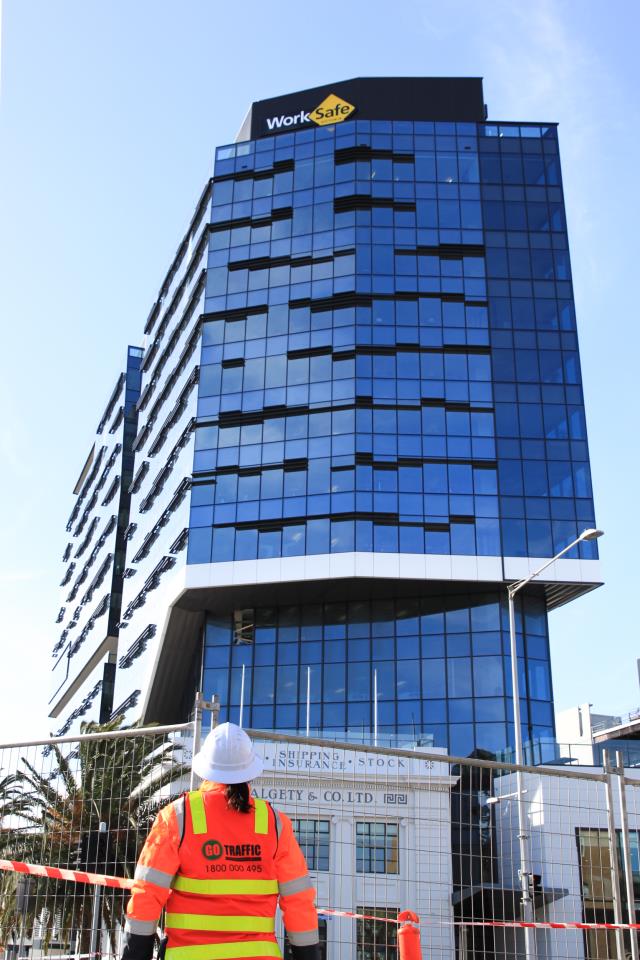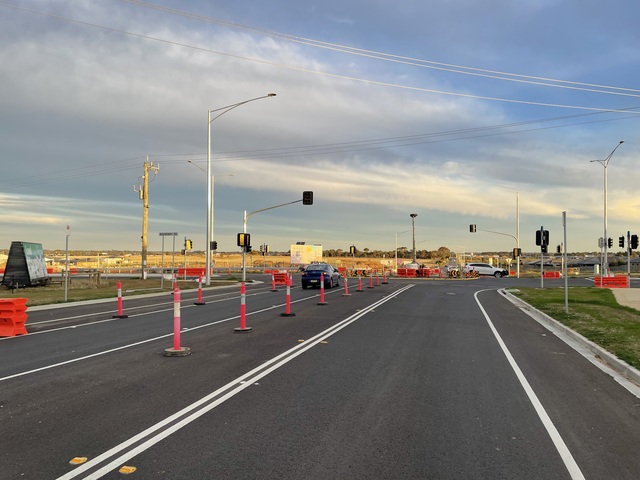It is the end of an era as ExxonMobil announced it would close its Altona refinery after 72 years to become an import terminal, leaving the future of another Altona petrochemical behemoth “in the firing line”.
Australia’s largest petrochemical company, Qenos, operates three plants at Altona and is connected to Mobil by pipeline.
ExxonMobil last week told its 300 workers the refinery was “no longer considered economically viable” and would be converted into an import terminal to “ensure ongoing, reliable fuel supply for Victoria”.
The closure follows BP Australia’s decision to make its Kwinana site in Western Australia an import terminal in 2022.
Ampol’s site at Lytton in Queensland is under review, with a decision expected to be announced in June.
This means Geelong’s Viva Energy could become Australia’s last refinery, with its chief executive Scott Wyatt saying “a lot that needs to be finalised”.
ExxonMobil Australia chairman Nathan Fay said the decision to close was made following an extensive review of operations at Australia’s smallest refinery, which commenced operation in 1949.
“The refinery will remain in operation for some time to ensure we will continue to meet Victoria’s fuel needs while the conversion is completed,” he said.
“It’s expected that it could be six months before we cease production at the refinery.
“At this early stage, we are still planning what these changes to our site may mean for our neighbours and the local community into the future. ExxonMobil will work closely with regulators and other key community and government stakeholders on future site plans.
“While an import terminal will have a smaller workforce than the Altona refinery, we are already planning the ways we can help support those people immediately impacted, including potential redeployment across our other operations, or through redundancy, outplacement and retraining.”
Mobil’s Altona operations had been affected by COVID-19 border closures, flight cancellations and stay-at-home orders. Demand for jet fuel has dropped by up to 90 per cent.
The Altona refinery produces about half of Victoria’s refined fuel needs.
ExxonMobil said it would remain a critical supplier of energy to Australia, including through its operation of the Gippsland Basin joint venture which supplies 40 per cent of eastern Australia’s energy needs.
Qenos chief executive Stephen Bell said it was “still very early days in terms of what the decision means more broadly”.
“Qenos’ Altona Olefins plant processes ethane gas from Bass Strait as its primary feedstock, but also processes LPG feedstock from ExxonMobil’s Altona refinery,” he said.
“As a long term business partner, we welcome ExxonMobil’s stated commitment to meet the priorities of its customers during the transition.
“We plan to work closely with ExxonMobil and government to understand the implications of this announcement and ensure continued access to feedstock and exchange of co-products.”
United Workers Union national secretary Tim Kennedy said there were concerns about the “multiplier effect”.
“It’s a fundamental part of the manufacturing infrastructure of Victoria and of Melbourne and it has highly-skilled jobs, which are necessary to support advanced manufacturing in our state,” he said.
“The first port of call when ExxonMobil pulls out is Qenos, because Qenos is also a fundamental cog to support advanced manufacturing and general manufacturing in the state, and it relies on product from Mobil to do its work – they’re basically connected by a big pipe.
“We would see that as a fundamental risk and what we call the multiplier effect of when you lose key advanced manufacturing infrastructure – there’s a multiplier effect to the ecosystem around manufacturing and jobs and services in the state.
“Qenos is probably the most obvious one in the firing line.”
Federal Energy Minister Angus Taylor said Mobil’s Altona refinery closure would not negatively impact Australian fuel stockholdings.
“The government is providing support to the sector through the JobKeeper program to maintain operations and support jobs,” he said.
“The comprehensive fuel security package, announced as part of the 2020-21 budget, will continue to progress and will enhance Australia’s long-term fuel security.
“This package will see an increase to Australia’s onshore diesel stocks and protect motorists and industry from future higher fuel prices.”
Opposition leader Anthony Albanese said the closure “would cost hundreds of direct jobs and impact thousands of workers in downstream industry”.
“Australia’s petrochemical manufacturers all rely on by-products produce from the ExxonMobil refinery,” he said.
“These manufacturers will likely need assistance, given the year they’ve had through COVID, to ensure they don’t close.”
Altona MP Jill Hennessy and Williamstown MP Melissa Horne issued a joint statement describing the closure as “devastating”.
“The west has a rich industrial past, and the refinery has played a key role in that, operating for decades and employing generations of workers,” they said.
“This is a highly skilled workforce and our priority is assisting them wherever possible to find other employment in advanced manufacturing and other areas suitable to their tailored skill sets.”


